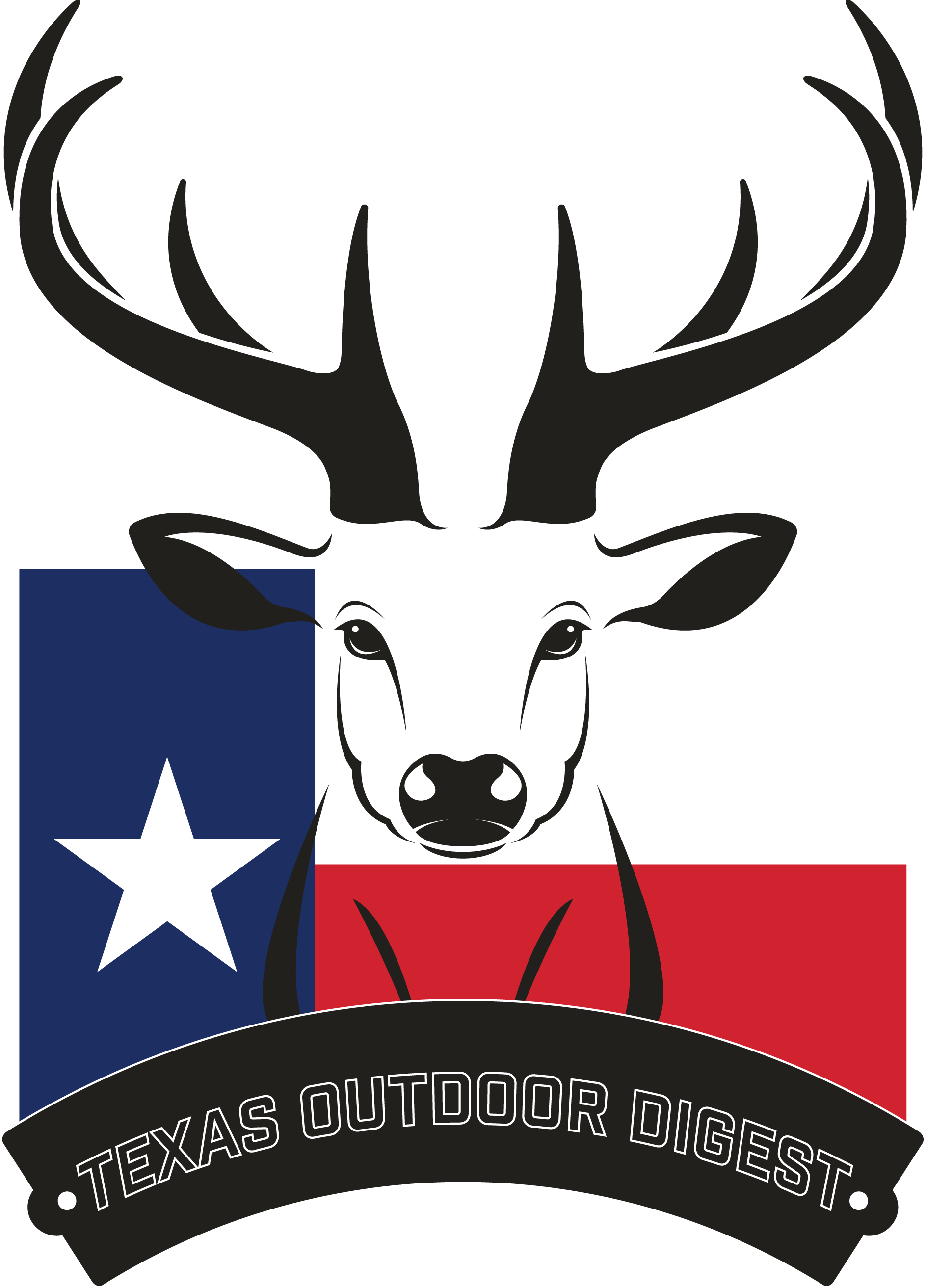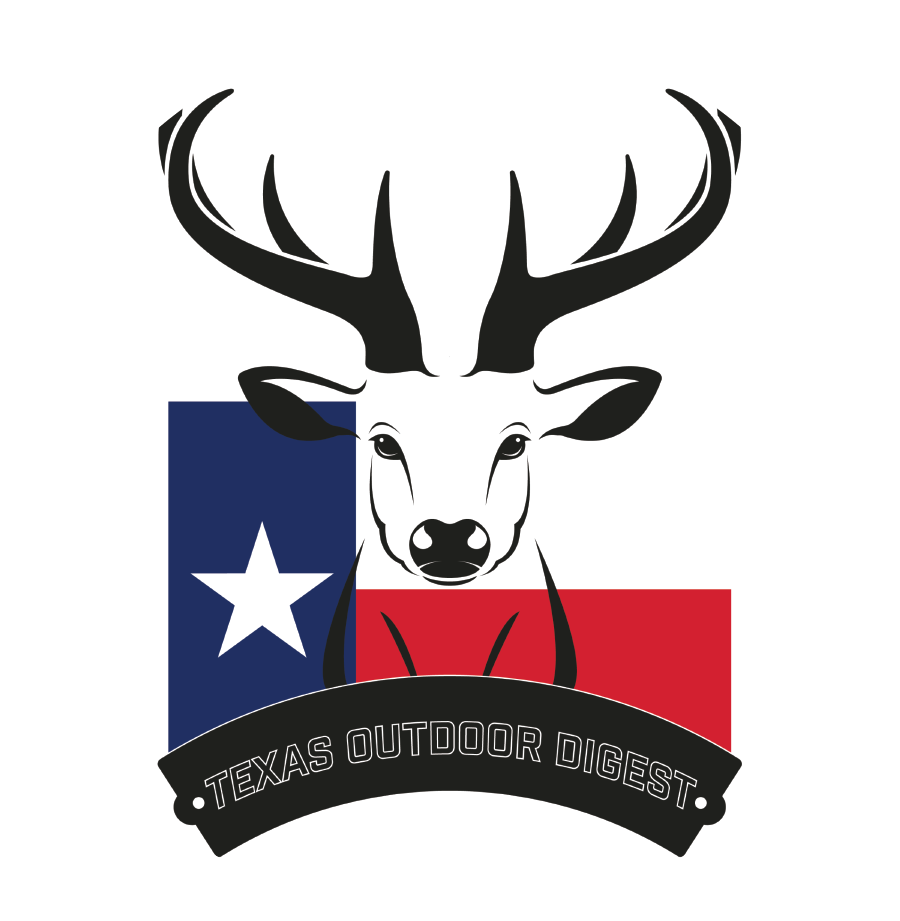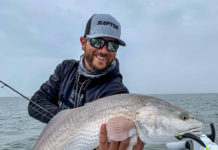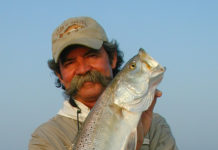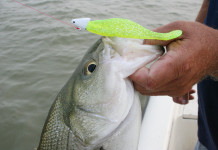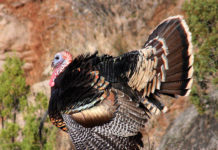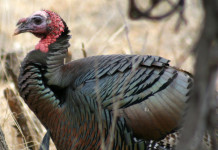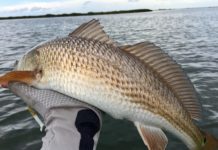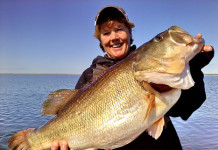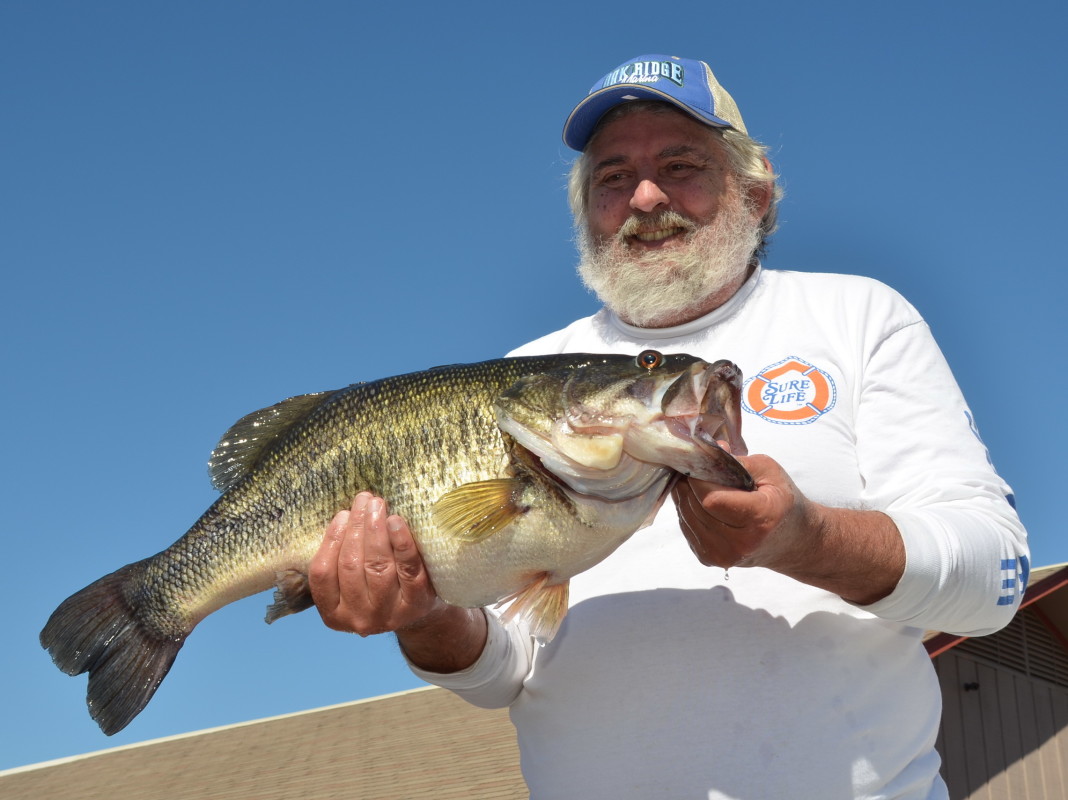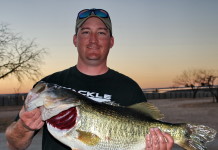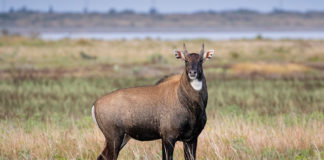Toyota ShareLunker entries came from three East Texas reservoirs within the past week.
Thomas McCraven of Gladewater caught Toyota ShareLunker 542, a 13.23-pounder from Lake O’ the Pines on Feb. 14. McCraven caught the fish in six feet of water in Allen Creek using a Baby Brush Hog, according to a news release. The fish was 24.75 inches long and 21 inches in girth.
The next day, Toledo Bend Reservoir gave up a 13.06-pound bass to Casey Martin of Anacoco, Louisiana, who was fishing the FLW Everstart tournament. Martin’s fish, Toyota ShareLunker 543, was 26 inches long and 21 inches in girth. Catch details were not revealed, according to the release.
On Feb. 19, Mark Hall of Winnsboro pulled a 13.11-pounder, Toyota ShareLunker 544, from Lake Fork. Hall was fishing for crappie when they stopped biting.
“I know from experience that when the crappie stop biting, it’s because bass have moved in and starting feeding on them,” he said in the release.
Hall’s fish is the eighth to be entered into the ShareLunker program during the current season and is Lake Fork’s third entry of the season.
Toledo Bend has now produced six ShareLunkers, the last having come from the lake in 2012.
McCraven’s fish is the third to come from Lake O’ the Pines. The lake produced two ShareLunkers in 2010.
“Lake O’ the Pines has always produced some good quality bass,” said Tim Bister, the TPWD Inland Fisheries biologist who manages the lake’s fishery. “The ability for a reservoir to produce big fish is related to good population genetics and abundant prey fish. Shad and sunfish are abundant in Lake O’ the Pines, and are the main food source for bass in this reservoir.”
Florida largemouth bass fingerlings were stocked into Lake O’ the Pines by TPWD periodically from 1982 through 2000 and more recently in 2009, 2010 and 2011.
“These stockings have really helped to develop the quality largemouth bass population in the reservoir,” Bister said. “Genetic testing of the largemouth bass population in 2013 found 3 percent of the fish sampled were pure Florida largemouth bass. All other fish in the sample contained some Florida bass genetics.”
All three catches are being held at the Texas Freshwater Fisheries Center in Athens awaiting the results of DNA testing. Only fish that are pure Florida largemouth bass are used in the ShareLunker selective breeding program. Each lake that contributes an entry during the season receives a share of the fingerlings produced.
Fish that are not pure Florida are returned to the lake as soon as possible. The fish is still an official entry into the Toyota ShareLunker program, and the angler receives all program awards.
Anyone legally catching a 13-pound or bigger largemouth bass from Texas waters, public or private, between Oct. 1 and April 30 may submit the fish to the Toyota ShareLunker program by calling the ShareLunker hotline at 903-681-0550 or paging 888-784-0600 and leaving a phone number including area code. Fish will be picked up by TPWD personnel within 12 hours.
Anglers entering fish into the Toyota ShareLunker program receive a free replica of their fish, a certificate and ShareLunker clothing and are recognized at a banquet at the Texas Freshwater Fisheries Center in Athens.
For complete information and rules of the ShareLunker program, tips on caring for big bass, a list of official Toyota ShareLunker weigh and holding stations and a recap of last year’s season, see www.tpwd.state.tx.us/sharelunker. The site also includes a searchable database of all fish entered into the program along with pictures where available.
